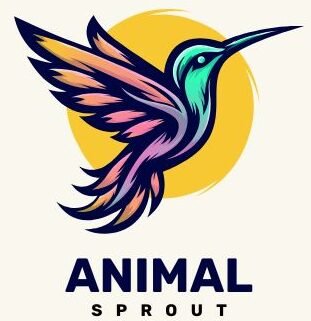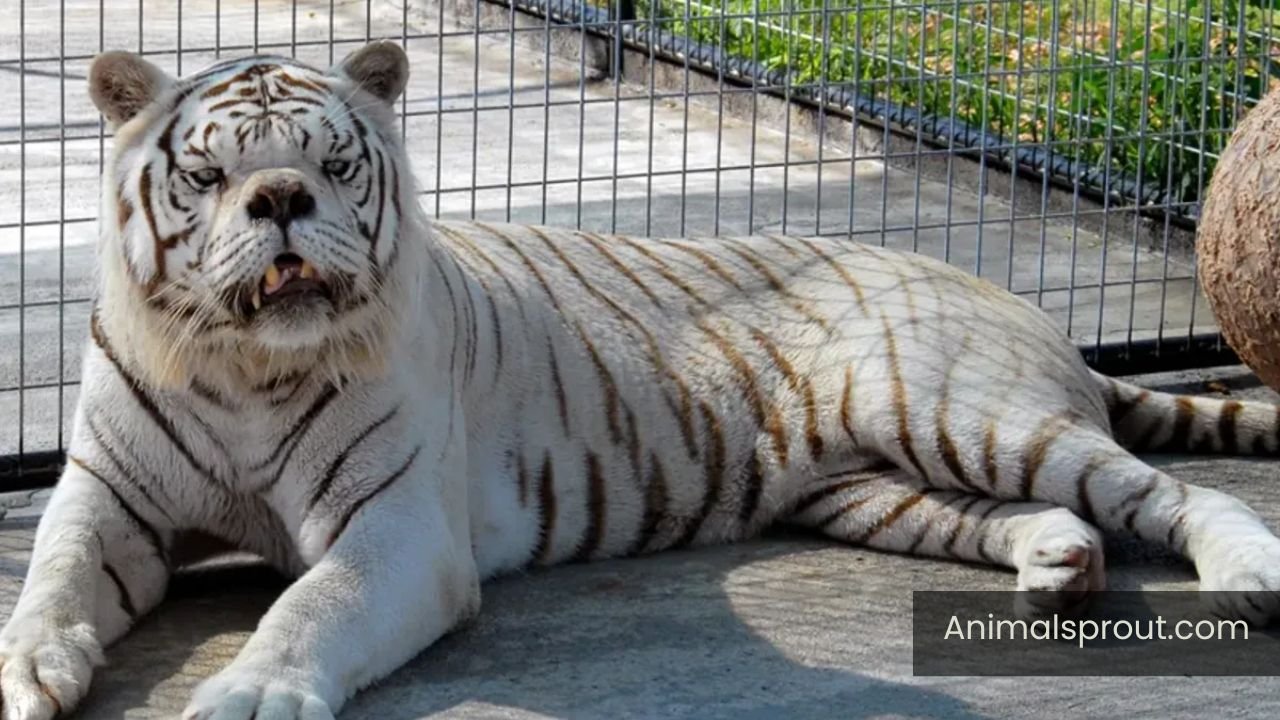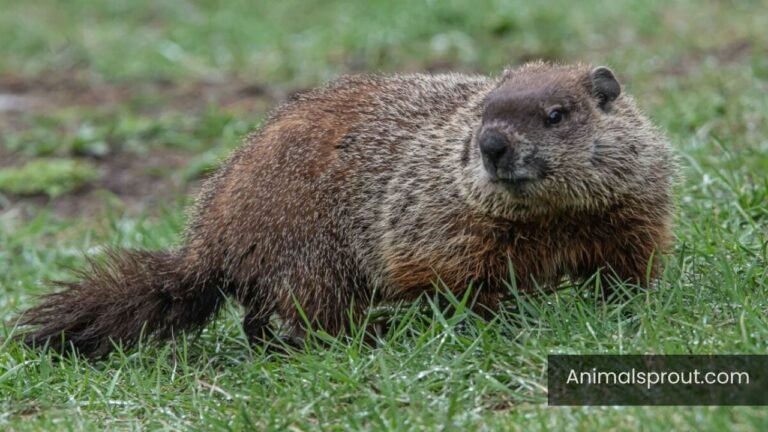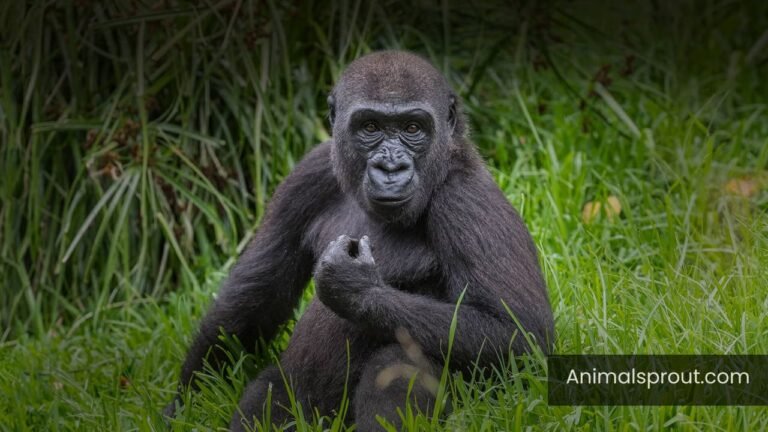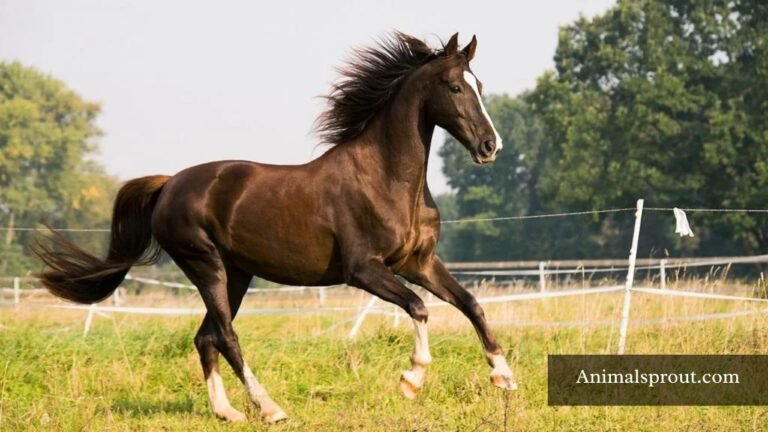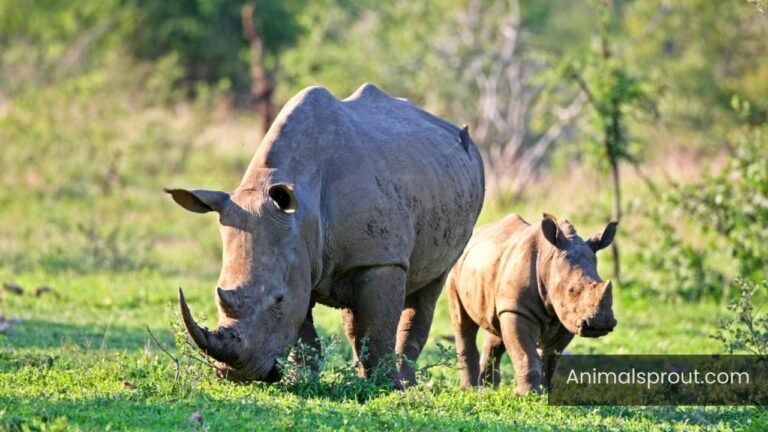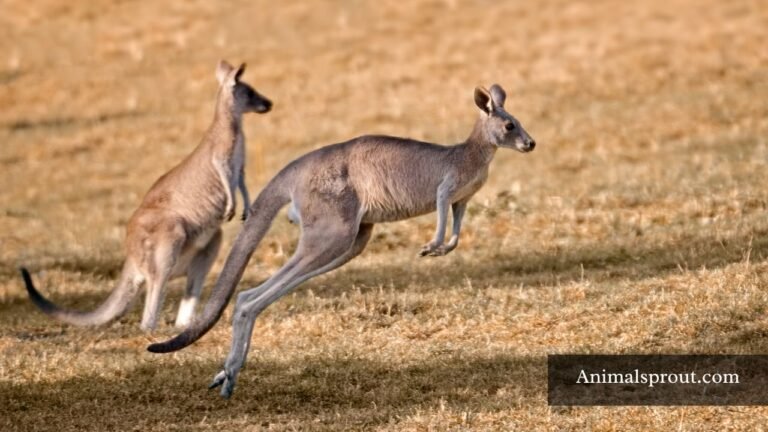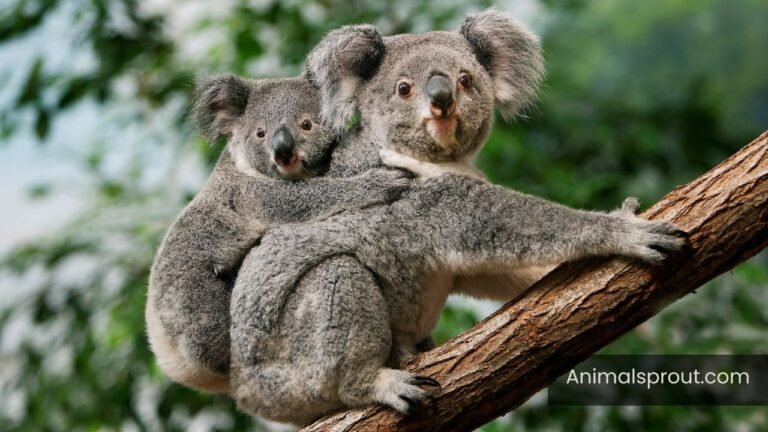Explore Top 10 Down Syndrome Animals In The World (With Images)
Did you know that animals can exhibit traits similar to those found in humans with Down syndrome? This fascinating phenomenon, often referred to as Down Syndrome Animals, opens a window into the shared genetic intricacies between species. Understanding these animals not only sheds light on their unique behaviors but also enhances our compassion for all living beings. In this article, we will explore the characteristics of Down Syndrome Animals and what their existence teaches us about genetics, empathy, and the bonds we share with our furry friends.
Can Animals Have Down Syndrome?
Down syndrome is a genetic condition caused by the presence of an extra chromosome 21 in humans, leading to a range of physical and cognitive challenges. While animals can have genetic abnormalities, they do not experience Down syndrome in the same way humans do because their chromosomal structures and numbers differ significantly. For instance, dogs have 39 pairs of chromosomes, while cats have 19 pairs, making direct comparisons to human chromosomal abnormalities complex.
However, some animals can exhibit similar symptoms to those seen in Down syndrome, such as developmental delays or distinct physical features, due to other genetic disorders or congenital conditions. These conditions might arise from various factors, including environmental influences, breeding practices, or specific genetic mutations. Ultimately, while animals may display certain traits reminiscent of Down syndrome, they do not possess the condition in the same biological sense as humans do.
List Of down syndrome animals:
Below is list of animals with down syndrome:
| Number of Animals | Names Of Down Syndrome Animals |
| 1 | Down Syndrome in Monkeys |
| 2 | Kenny the Tiger |
| 3 | Otto the Kitten |
| 4 | Koala |
| 5 | Beluga Whale |
| 6 | Down Syndrome in Giraffes |
| 7 | Down Syndrome in Dogs |
| 8 | Down Syndrome in Mice |
| 9 | Hyenas |
| 10 | Down Syndrome in Elephants |
Down Syndrome in Monkeys
Class: Mammalia
Diet: Omnivorous
Research into Down syndrome in monkeys offers a unique window into the genetic and developmental complexities of this condition. Scientists have successfully created monkey models with trisomy 21, the chromosomal abnormality that causes Down syndrome in humans. These primates exhibit behaviors and physiological traits reminiscent of human Down syndrome, allowing researchers to explore not only the genetic underpinnings but also the potential for therapeutic interventions. The close genetic relationship between monkeys and humans enhances the relevance of these studies, providing insights that might be less accessible through traditional human studies.

One fascinating aspect of studying Down syndrome in monkeys is the opportunity to observe social dynamics and cognitive development in a controlled environment. For instance, researchers have noted that these monkeys display variations in social interactions, which can shed light on the challenges faced by individuals with Down syndrome in terms of communication and social integration. Furthermore, the ability to conduct longitudinal studies in these primates allows for the tracking of developmental milestones over time, potentially leading to breakthroughs in early intervention strategies. By understanding how these traits manifest in a primate model, scientists can better inform therapies aimed at improving quality of life for those affected by Down syndrome in humans.
Kenny the Tiger
Scientific Name: Panthera tigris
Class: Mammalia
Diet: Carnivorous
Kenny the Tiger, a rare gem among the animal kingdom, challenges our perceptions of beauty and normalcy. Born with Down syndrome, Kenny exhibits unique physical traits that set him apart from other tigers. His oversized, expressive eyes and slightly rounded face give him an endearing appearance, captivating the hearts of visitors at the wildlife sanctuary where he resides. This extraordinary feline serves as a poignant reminder that differences can be celebrated, not shunned, fostering a deeper understanding of diversity in nature.
Beyond his striking looks, Kenny embodies resilience and charisma. His playful antics—whether chasing butterflies or lounging in the sun—showcase a personality brimming with joy and curiosity. Caretakers have noticed that Kenny has a special bond with children, often drawing them in with his gentle demeanor. This connection highlights the therapeutic potential of animals with unique conditions, encouraging discussions about empathy and acceptance.
Otto the Kitten
Class: Mammalia
Diet: Carnivorous
Otto the kitten has captured hearts around the world not just for his adorable appearance but also for the unique challenges he faces due to Down syndrome. Unlike typical felines, Otto’s features are characterized by a distinct charm—his wide-set eyes and playful demeanor make him a living testament to the beauty of diversity in animals. His story sheds light on the importance of embracing differences, highlighting that every creature, regardless of their genetic makeup, has an intrinsic value and can spread joy.

Living with Down syndrome, Otto experiences life from a different lens, often requiring extra care and attention. However, this doesn’t hinder his playful spirit; rather, it amplifies it. Otto’s journey serves as a poignant reminder that love and acceptance are vital components of any life, especially for those who may not fit the conventional mold. His antics, whether he’s tumbling over his own paws or engaging in hilarious playtime shenanigans, remind us that happiness can be found in the most unexpected places. Through Otto, we learn that every creature deserves a chance to shine, proving that even those who face challenges can illuminate our lives with their resilience and joy.
Koala
Scientific Name: Phascolarctos cinereus
Class: Mammalia
Diet: Herbivorous
Koalas, with their endearing faces and leisurely lifestyles, have captured the hearts of many. However, there are rare instances where these iconic marsupials exhibit traits reminiscent of Down syndrome, characterized by distinctive physical features and behavioral quirks. These conditions may arise from genetic anomalies that affect their development, leading to variations in size, coat texture, and even cognitive function. Observing a koala with such traits offers a unique lens through which we can appreciate the diversity of life and the importance of genetic variation in wildlife.
What’s particularly fascinating is how these koalas adapt to their environments despite their challenges. Their unique behaviors, often marked by increased social interactions or unusual dietary preferences, can provide insights into animal resilience and adaptability. As researchers study these individuals, they uncover not just the complexities of their genetics but also the profound connection between physical health and environmental factors. In a world increasingly focused on genetic perfection, these koalas remind us that beauty and strength lie in diversity and that every creature has its own story worth telling.
Beluga Whale
Scientific Name: Delphinapterus leucas
Class: Mammalia
Diet: Carnivorous
The beluga whale, known for its striking white coloration and vocal nature, is an extraordinary creature that has captured the hearts of many. Rare cases of belugas exhibiting traits reminiscent of Down syndrome have sparked intrigue among marine biologists and animal lovers alike. These whales may display unique physical features, such as a distinctively shaped head or unusual behaviors that set them apart from their peers. Observing these individuals offers a fascinating glimpse into the variability of animal genetics and raises questions about how we perceive and understand difference in the animal kingdom.

What makes these belugas particularly compelling is their capacity for social interaction and emotional expression. Just like humans with Down syndrome, these whales often thrive in supportive environments, showcasing their intelligence and playfulness. Their distinctive calls and social bonds within pods emphasize the importance of community and acceptance, challenging our notions of normalcy in the animal world.
Down Syndrome in Giraffes
Scientific Name: Giraffa camelopardalis
Class: Mammalia
Diet: Herbivorous
Down syndrome in animals, while a controversial topic, has sparked fascinating discussions among researchers and animal lovers alike. Giraffes, with their towering stature and unique patterns, offer a compelling case study. Observations of giraffes exhibiting traits reminiscent of Down syndrome highlight the complexity of genetic variation across species. These animals may display distinctive features such as shorter limbs or altered facial structures, prompting us to reconsider the conventional definitions of health and normalcy in the animal kingdom.
Furthermore, the emotional and social dynamics of giraffes with such atypical traits can shed light on broader questions of acceptance and adaptation within animal groups. In a herd, these unique individuals often exhibit strong bonds with their companions, challenging the stereotype that differences lead to isolation. Instead, they can thrive in their environments, showcasing resilience and the ability to adapt to their surroundings. By studying these remarkable creatures, we not only expand our understanding of genetic diversity but also foster a deeper appreciation for the beauty of all life forms, regardless of their differences.
Down Syndrome in Dogs
Class: Mammalia
Diet: Omnivorous
Down syndrome, a genetic condition resulting from an extra chromosome, is primarily recognized in humans, but the concept can extend to animals like dogs. While dogs do not experience Down syndrome in the same way humans do, certain genetic abnormalities can lead to similar developmental challenges. These dogs may exhibit traits such as cognitive impairments, physical abnormalities, or distinctive behavioral characteristics. Understanding these conditions opens a dialogue about the importance of acceptance and empathy towards all animals, regardless of their differences.

One heartwarming aspect of dogs with these genetic variations is their ability to teach us about resilience and unconditional love. Many of these dogs thrive in supportive environments, showcasing unique personalities that endear them to their owners. They remind us that every life has intrinsic value and that differences should be celebrated rather than stigmatized. By sharing stories of these extraordinary dogs, we not only raise awareness about their conditions but also encourage a culture of compassion and understanding within our communities.
Down Syndrome in Mice
Class: Mammalia
Diet: Omnivorous
Research into Down syndrome in mice has unveiled fascinating insights into the genetic and behavioral complexities associated with this condition. Scientists often use mouse models to explore the effects of trisomy 21, the chromosomal abnormality responsible for Down syndrome in humans. These models allow researchers to observe cognitive impairments, social behaviors, and even the potential for therapeutic interventions in a controlled environment. By studying these mice, we gain a better understanding of how extra genetic material influences brain development and function, shedding light on the neurobiological underpinnings of Down syndrome.
Interestingly, the behavior of mice with Down syndrome can offer a unique lens through which to view social interactions and emotional responses. Observations reveal that these mice may exhibit altered social behaviors, such as increased anxiety or reduced exploratory tendencies, mirroring some of the challenges faced by individuals with Down syndrome. This connection not only deepens our comprehension of the disorder but also highlights the potential for using these models to develop targeted therapies.
Hyenas
Scientific Name: Hyaenidae
Class: Mammalia
Diet: Carnivorous
Down syndrome, while primarily associated with humans, presents an intriguing parallel when exploring the unique genetic variations in hyenas. These remarkable creatures exhibit a complex social structure and sophisticated communication skills, which can sometimes be affected by genetic anomalies. In hyenas, certain traits reminiscent of Down syndrome—such as distinct facial features and altered behavior patterns—can arise from congenital conditions or environmental factors. This raises fascinating questions about the adaptability and resilience of hyenas in the wild.

Recent studies suggest that these genetic variations may impact not only individual hyenas but also their social interactions within clans. Hyenas are known for their matriarchal societies, where status and cooperation play crucial roles in survival. A hyena exhibiting atypical traits might face challenges in asserting dominance or forming alliances, yet it could also inspire empathy and support from clan members. This dynamic offers a compelling glimpse into the complexities of social structures in animal behavior, highlighting how differences can foster unique roles within a community.
Down Syndrome in Elephants
Scientific Name: Elephantidae
Class: Mammalia
Diet: Herbivorous
Down syndrome, a genetic condition characterized by an extra chromosome, is primarily associated with humans. However, the concept of similar genetic anomalies in animals, particularly in elephants, has sparked intriguing discussions among researchers and conservationists. Some studies suggest that elephants may exhibit traits reminiscent of Down syndrome, such as distinct physical characteristics and behavioral variations, although these occurrences are rare and not fully understood. This raises profound questions about the genetic diversity within species and how environmental factors might influence these anomalies.
In the wild, elephants are known for their complex social structures and strong familial bonds, making any deviation from typical development particularly poignant. Observing elephants that display atypical traits can reveal valuable insights into their adaptability and resilience. Instead of seeing these differences as impairments, they can be viewed through a lens of uniqueness—offering a window into how species evolve in response to their environments. This perspective challenges traditional notions of “normalcy” in animal behavior and development, urging us to rethink our understanding of genetic conditions across species lines.
Readmore: Explore Most Dirtiest Animals In The World.
Final Words
The phenomenon of Down syndrome-like conditions in animals challenges our perceptions of genetics and the diversity of life. Observations of these animals not only contribute to scientific knowledge but also emphasize the importance of empathy and care in our interactions with them. Each story of an animal overcoming challenges is a testament to resilience, urging us to recognize their worth and the need for better support systems.
As we continue to learn more about these conditions, it is crucial that we foster a culture of acceptance and advocacy for all animals. Join us in championing this cause, ensuring that every creature is treated with dignity and respect.
FAQs
What Is meant by Down syndrome in animals?
Down syndrome is a term that specifically refers to a genetic condition in humans caused by the presence of an extra chromosome 21. In animals, there isn’t a direct equivalent known as “Down syndrome.” However, some animals may exhibit similar traits due to chromosomal abnormalities or genetic disorders. These can lead to physical and behavioral differences, but they don’t match the specific characteristics seen in humans with Down syndrome. In animals, such conditions are often less understood and not as well-documented as in humans. Veterinary professionals may observe developmental delays, unique physical features, or health issues in affected animals, but these variations can differ widely between species.
